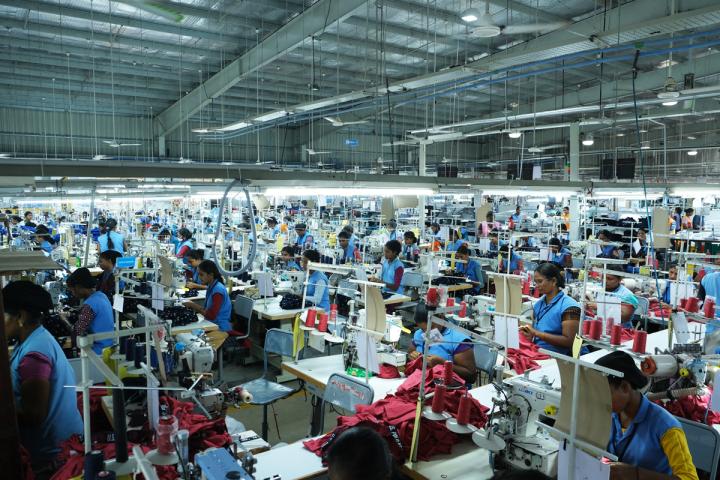
Research: Immigrant Starting Salary Components Vary by Job Entry Pathway
Immigrant workers’ starting salaries vary substantially following key career transitions.
In a new study investigating the salary-setting process for immigrant hires at U.S. firms, ILR Assistant Professor Ben A. Rissing co-authored research showing that internally hired immigrants tend to have higher base starting salaries than externally hired immigrants. This said, most externally hired immigrants receive larger starting salary increases above their base salaries – for instance, due to negotiations – relative to their internally hired counterparts.
Rissing co-authored the paper, “Inside Jobs: Salary Setting for Immigrants Crossing Establishment, Organizational, and National Boundaries,” with Kwan Lee, Ph.D. ’19, an assistant professor in the School of Business Administration at the University of Houston-Victoria.
Rissing and Lee investigated whether certain types of job mobility tend to benefit distinct components of immigrants’ total starting salary – a base starting salary and a discretionary starting salary increase above that base. The paper is forthcoming in the “ILR Review.”
“This study offers insight into the different factors contributing to salary variation for immigrants,” Rissing says. “We find that internally hired immigrant workers tend to enter jobs with greater requirements, thus contributing to their higher base starting salary. This said, externally hired immigrants may benefit from certain worker characteristics, such as novel perspectives and complementary business knowledge obtained elsewhere, which translate into larger starting salary increases above their base starting salary.” Rissing emphasized that “our study findings stress distinct mechanisms, acting separately or in tandem, during the salary setting process.”
In their study, Rissing and Lee built a dataset detailing all 80,976 new immigrant employment opportunities described in approved labor certification requests processed by the U.S. Department of Labor between October 2015 and June 2018. They began with public “prevailing wage” determination records. Established through the Immigration and Nationality Act of 1965, the prevailing wage program stipulates the need for employers to pay immigrants at or above a job- and location-specific base starting salary set by the government. Those records contained data on job requirements and the labor department’s base starting salary determinations. The co-authors then matched those records with labor certification data, detailing employers’ possible starting salary increases, the immigrant worker selected for the job (highest degree level and country of origin), and employer characteristics (quantity of employees, founding year, layoff activity and industry). Using Freedom of Information Act disclosures, the co-authors further matched information on each immigrant’s career history, allowing them to determine each worker’s career path into their job.
Rissing and Lee found that same-establishment immigrant hires received higher base starting salaries than immigrants who crossed establishment, organizational and/or national boundaries. They also found that immigrant U.S.-based external hires receive the largest starting salary increases, while, immigrant international external hires receive the smallest starting salary increases.
“Our study’s results also emphasize the key role of government in shaping labor market outcomes,” the authors wrote. “We examine a setting in which a regulatory body (here, the Department of Labor) plays a central role in the wage setting of individual workers – a process typically under employers’ exclusive purview … For immigrants, our research highlights certain opportunities and pitfalls associated with distinct forms of job mobility, which might inform the relative attractiveness of potential employment opportunities elsewhere.”


